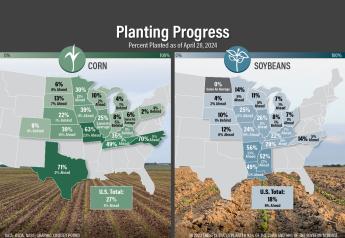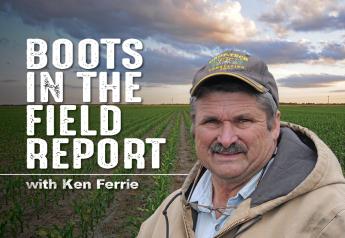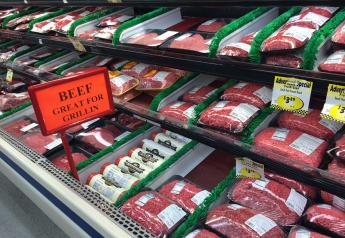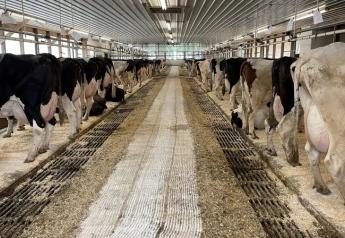Russian Cruise Missiles Hit Odesa One Day After Signing Deal to Resume Ukraine Grain Exports
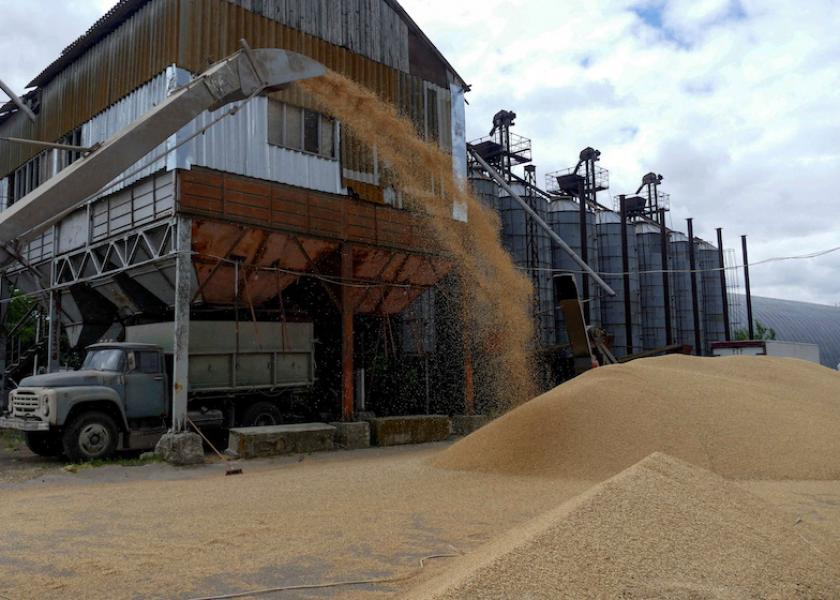
A day after Ukraine and Russia signed a deal to resume grain exports from Ukraine’s Black Sea ports, Russian missiles hit Odesa, the biggest of those ports. A Ukrainian foreign-ministry spokesman accused Vladimir Putin of “spitting in the face” of the United Nations secretary-general, António Guterres, and Turkey’s president, Recep Tayyip Erdogan, who brokered the agreement. The attack breaks the conditions of the deal and could already signal its demise. However, Ukrainian officials indicated they are still moving ahead with implementing the landmark agreement reached Friday to unblock millions of tons of grain that have been piling up since the Feb. 24 invasion.
Details
Russian Kalibr missiles hit the major port of Odesa in southern Ukraine on Saturday, the Ukrainian military said. Two missiles hit infrastructure at the port, while another two were shot down by air defense forces, it said. A railcar discharging point and a warehouse used for loading grain were destroyed in the attack, according to international grain traders. The extent of damage to grain loading facilities was unclear but a large plume of smoke was visible across the city after the strikes.
Ukraine Comments
“The enemy attacked the Odesa sea trade port with Kalibr cruise missiles,” Ukraine’s Operational Command South wrote on the Telegram messaging app. “It’s obvious that the agreement with Russia is not even worth the paper it was signed on…Russia is a terrorist state,” said Ukraine’s ambassador to Turkey, Vasyl Bodnar, who was present at the signing of the agreement. However, Ukrainian Deputy Economy Minister Taras Kachka indicated Friday’s deal remains in place and Infrastructure Minister Oleksandr Kubrakov said that Ukraine is continuing with technical preparations to restart exports. “It doesn’t mean that all agreements are crossed out, because everyone understood that any agreement has high risks,” Kachka said. “Today’s shelling clearly illustrated all those risks that existed did not disappear — they still exist.”
There were nine ships at Odesa sea port, including four vessels loaded with cornworth $45.6 million, a person familiar with the matter told Bloomberg News. The ships with grain were under the flags of Malta, Liberia, Sierra Leone and Panama, said the person, who asked not to be identified discussing private information.
Russia Comments
Natalia Humeniuk, a spokeswoman for the military’s southern command, said on TV that Russia’s missiles did not hit grain storage at the port. On Friday night, Russian Defense Minister Sergei Shoigu, who signed the Istanbul agreement, said in a speech on state-owned TV that Moscow “assumed the obligations which are quite clearly spelled out in this document.”
Other Comments
Bridget Brink, the U.S. ambassador to Ukraine, said on Twitter that Russia “must be held to account.” Guterres “unequivocally condemns” the reported strikes, a spokesman said. “Yesterday, all parties made clear commitments on the global stage to ensure the safe movement of Ukrainian grain and related products to global markets,” Farhan Haq, deputy spokesman for Guterres, said in a statement. “Full implementation by the Russian federation, Ukraine and Turkey is imperative.”
Meanwhile, the Biden administration authorized another weapons delivery to Ukraine, worth $270 million. A U.S. official said that hundreds of Russian soldiers are dying each day in the war; earlier the CIA estimated that 15,000 had been killed so far. Separately, Volodymyr Zelensky, Ukraine’s president, told the Wall Street Journal that he would not countenance any ceasefire that let Russia retain territory it had taken.


